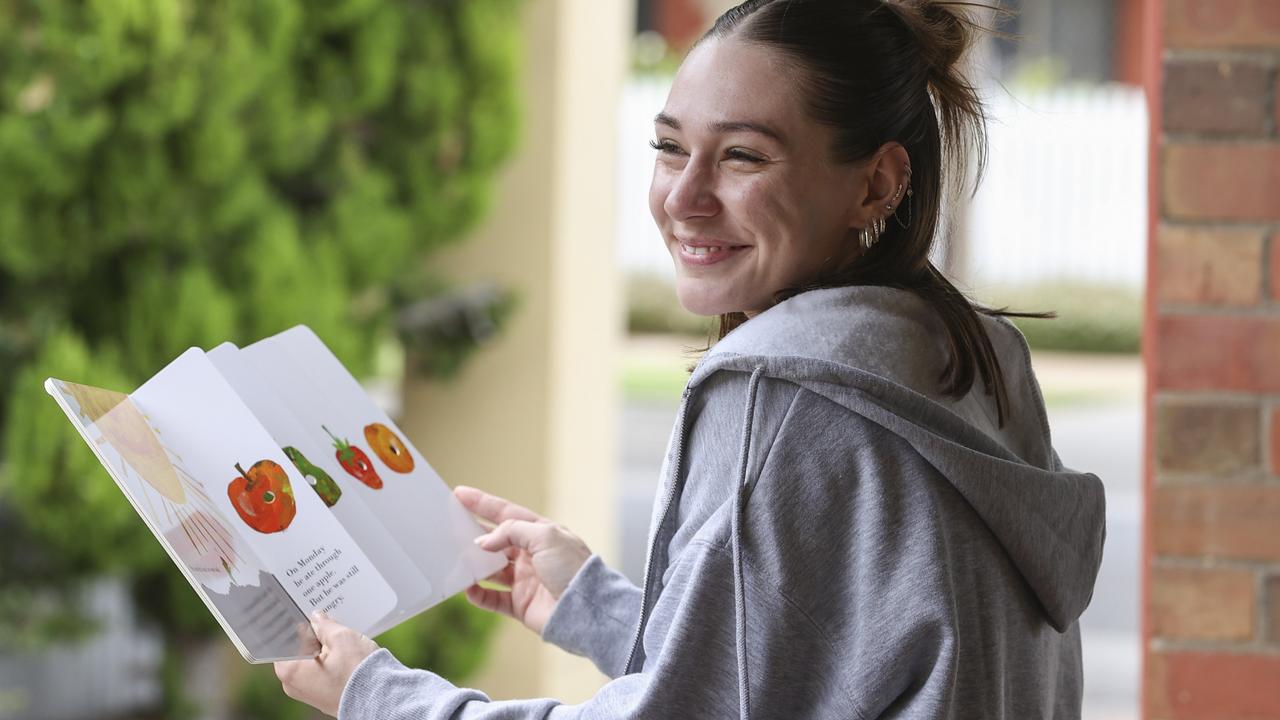Inquiry launched amid fears government sand dredging sparked marine life mass deaths at SARDI’s fish lab
A major investigation has been launched after fish and other marine life mysteriously died at SA’s official aquatic scientific research lab at West Beach.
SA News
Don't miss out on the headlines from SA News. Followed categories will be added to My News.
A major investigation has been launched after fish and other marine life mysteriously died at South Australia’s official aquatic scientific research lab, threatening the state’s multimillion-dollar aquaculture industry.
The taxpayer-funded South Australian Research and Development Institute and an adjacent beachside fish nursery, have suffered “catastrophic” losses in recent weeks.
Authorities are scrambling to establish how scores of snapper larvae, almost three quarters of the state’s oyster spat as well as dozens of barramundi broodstock and fingerlings, suddenly died in saltwater pens at West Beach.
Whistleblowers fear the state government's $20.7m mechanical dredging trial to fix Adelaide’s battered beaches, may be to blame.
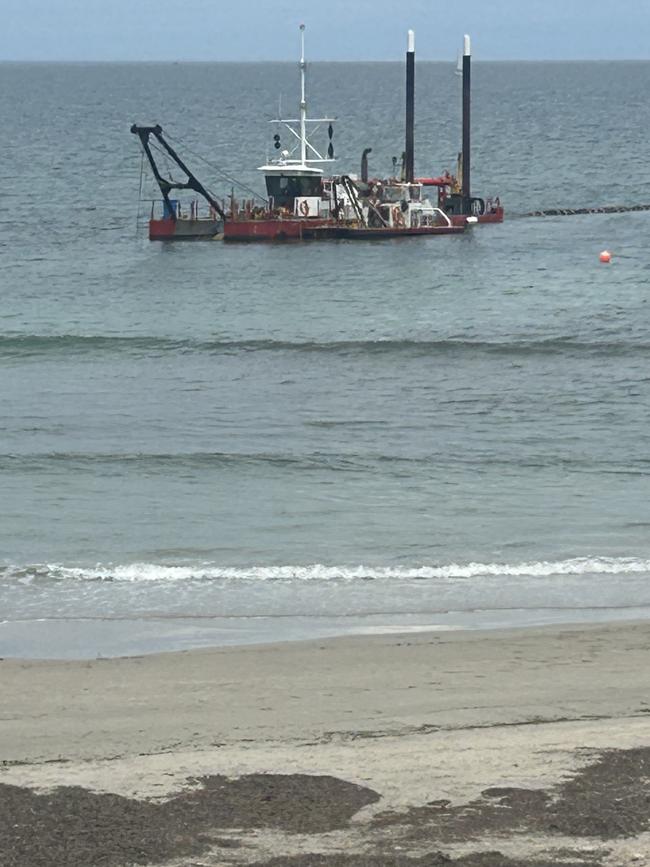
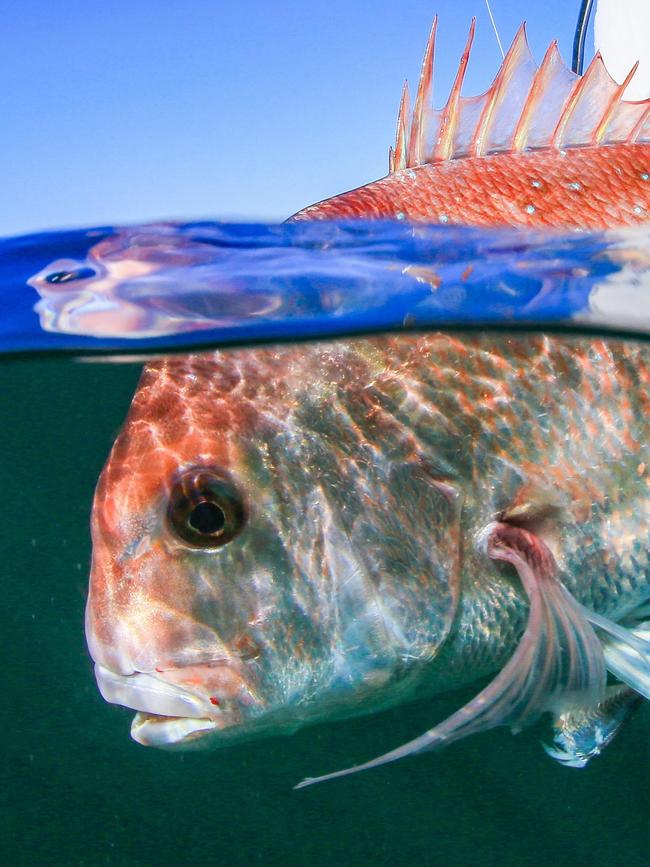
Senior officials, however, say early Primary Industries and Regions department investigations have failed to identify a source for the unprecedented “mortality incident”.
Ministers say the ongoing PIRSA inquiry, including pathology testing, has so far found no evidence linking the deaths to any marine infections, a biosecurity incident or the dredging trial.
Large parts of the state’s snapper restocking program, and oyster virus resistant research, have been destroyed.
Officials denied a three-year snapper fishing ban, which outlaws catching in all SA waters except the southeast, will be delayed beyond November 2025.
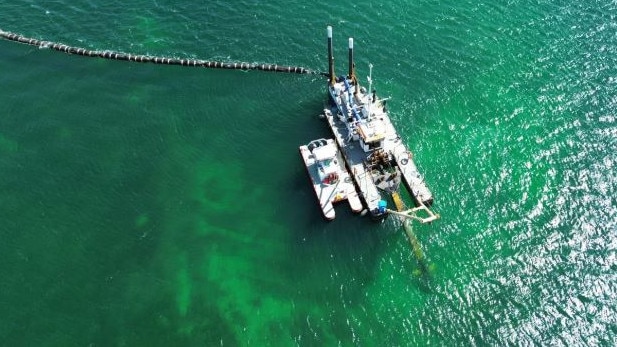
It is understood the neighbouring Robarra Broodstock Sanctuary and Hatchery is also facing losses worth millions of dollars from dead barramundi broodstock.
The opposition called for an independent investigation as it criticised another primary industries crisis “shrouded in secrecy”.
PIRSA, which manages the pioneering SARDI research arm, is already facing a public backlash over its tomato virus response debacle.
The Environment Department trial used a 24-hour mechanical dredge in October and November to pump more than 90,000 cubic metres of sand from the sea floor, near North Haven marina and adjacent the West Beach boat ramp.
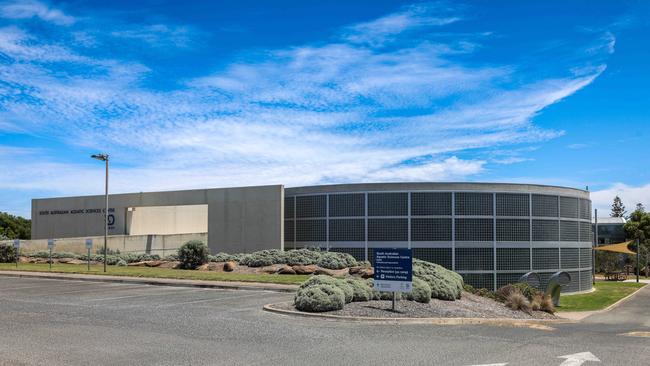
In mid-October, workers reported marine illnesses before fears mounted that sea grass toxicity, via Gulf St Vincent piping, may have triggered the large-scale deaths.
No problems have been reported along that western suburbs coastline for almost 30 years, locals say.
The dredging trial was dumped before work on a sandbar 500m off West Beach amid a local backlash.
Upper House Liberal MP, former vet Dr Nicola Centofanti, said the “large scale fish losses are of great concern”.
She said South Australians must be reassured the sand dredging program was safe and questioned what government action was being taken to protect the multimillion-dollar sector.
“As a minimum we expect a full and independent investigation, the results of which must be made public,” she said.
“This cannot be PIRSA investigating themselves and the sand dredging trials must be looked at as a possible cause.
“Yet again, we see a major primary industry issue shrouded in secrecy and a Minister who doesn’t appear to be across the detail.”
Environment Minister Susan Close has recused herself from all dredging-related, or beach-erosion decisions, after taking Crown law advice about any conflicts living near Semaphore beach.
In a statement on Sunday, Primary Industries Minister Clare Scriven warned snapper larvae, which were to produce the next round of fingerlings, were “lost” as had up to 70 per cent of the state’s oyster spat. Existing older fingerlings survived.
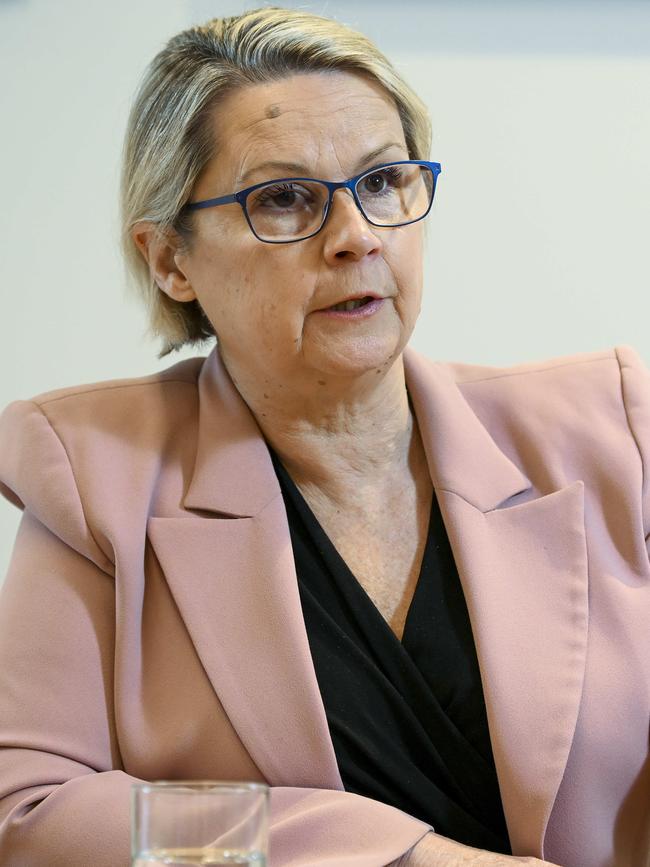
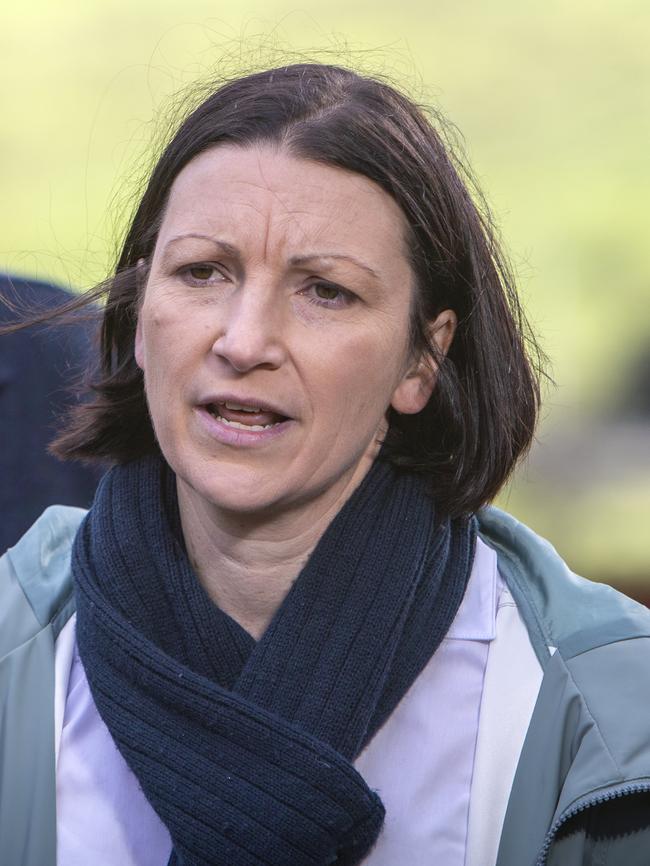
She said: “To date, initial investigations have not found evidence linking the deaths to an infection, biosecurity incident or the dredging trial. However, investigations are continuing.
“SARDI’s snapper restocking program and the Pacific oyster Mortality Syndrome resistant family line program have been impacted.
“It is anticipated there will be delays to these programs.”
A Robarra spokeswoman declined to comment.
More Coverage
Originally published as Inquiry launched amid fears government sand dredging sparked marine life mass deaths at SARDI’s fish lab





